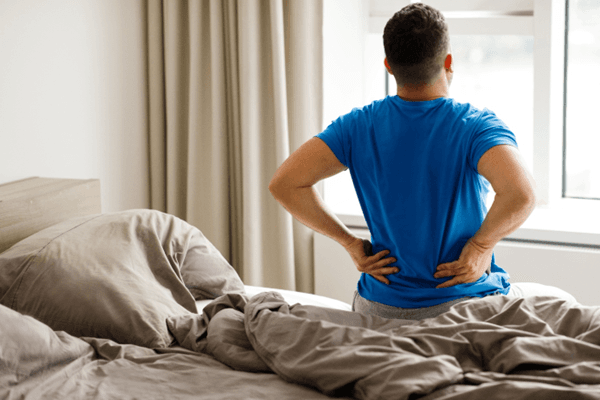Chen Chao-tsung, executive director of the Taiwan Medical Association (TMA), said that the prescriptions extracted from ancient Traditional Chinese Medicine (TCM) literature, through research, experimentation on animals, then on humans, followed by clinical tests after refining the drugs, have proved that they can treat COVID-19 and at the same time increase immunity.
Safflower (Carthamus tinctorious L)
Many flowers of the Compositae genre are dried and used medicinally. According to the Ming Dynasty “Compendium of Materia Medica,” safflower has the effect of promoting blood circulation and moisturizing effects, relieving pain, reducing swelling, and clearing the pulse meridians. In addition, safflower polysaccharide has a certain effect on promoting the mitosis of T cells, which is key in improving immunity.Saffron (Crocus sativus)
Saffron is a perennial bulbous herb, a precious medicinal material. Its efficacy had long been recorded in ancient texts in both the Yuan and the Ming Dynasties. In addition to promoting blood circulation and dissipating blood stasis, it exhibits special curative effects in fighting blood clots, increasing immunity, anti-oxidation, and anti-aging.Phellinus linteus
This is a kind of fungus growing on mulberry trees. Tang Dynasty texts described the efficacy of Phellinus linteus. Phellinus linteus contains triterpenoids, which have antioxidant, anti-inflammatory, anti-allergic, anti-cancer, liver protection, cardiovascular disease prevention, and immunity-enhancing effects.Antrodia cinnamomea
Taiwan’s national treasure is effective in increasing body resistance, nourishing the liver, and has anti-fatigue and anti-liver tumor effects.A Powerful, 10-Herb Formula
The traditional Chinese medicine “NRICM101 (Qing Guan No. 1),” developed in Taiwan, has also been confirmed by clinical studies to effectively reduce the risk of severe disease in COVID patients.The prescription of ”NRICM101″ is composed of 10 kinds of Chinese herbs, including Scutellaria baicalensis, Houttuynia cordata, Isatis indigotica, Trichosanthes kirilowii, Nepeta tenuifolia, peppermint, mulberry leaves, Magnolia, Radix Glycyrrhizae preparata, and Saposhnikoviae radix.
Chen pointed out that this formula has the functions of clearing heat (a common pathogenic factor in TCM theory) and detoxifying, and has anti-viral properties. He said that “Qing Guan No. 1” has very few side effects. That is why even high-risk groups, such as people over 65 years old with multiple chronic diseases, elderly people over 80 years old, or the immunocompromised, can also take “Qing Guan No. 1.”
In addition, 27 of the 123 critically ill patients (21.95 percent) who received only routine care from Western medicine died. In the group that received both the traditional Chinese medicine “NRICM102” and routine care of Western medicine, seven out of 123 patients died (5.69 percent), showing a significant reduction in the mortality rate.
But this lung heat-clearing formula is not for patients who have just recovered from COVID, according to Chen.
“Qing Guan No. 1” has five major effects targeting COVID: reducing fever, reducing joint pain, reducing muscle soreness and fatigue, reducing viral load, alleviating cough, and pharyngitis.
6 Types of Food to Avoid
Dr. Chen also said the people who have just recovered should avoid the following six types of food, otherwise, it is easy to get infected again.- Fried
- Spicy
- Sesame oil, such as sesame oil chicken.
- Nuts
- Foods that contain a lot of onions, ginger, and garlic.
- Tonic soups (such as chicken essence, ginseng chicken, Four Agents Decoction (Si Wu) soup, stewed pork ribs with medicine, and Chinese medicines such as ginseng, astragalus, wolfberry, angelica, Chuanxiong, Cinnamomi ramulus, cinnamon, etc.)
Chen said that people usually feel tired and fatigued after an illness, and may think that drinking tonic soup will help restore vitality.
But, on the contrary, this period of time is when the body is still not completely clear of toxic substances, and any added tonic might help nurture the virus and pave its way back.
In addition, Chen also said extreme sports, such as marathons, weight training, and other high-energy sports, should be stopped for a while so as not to hinder the recovery of body vitality.





